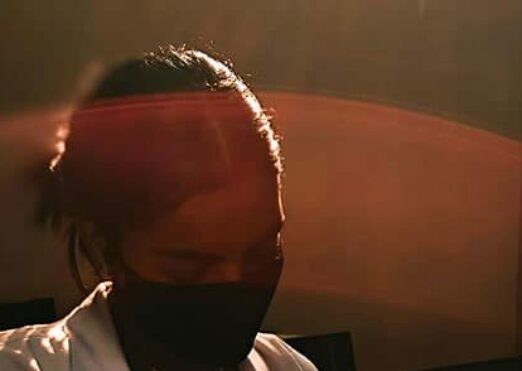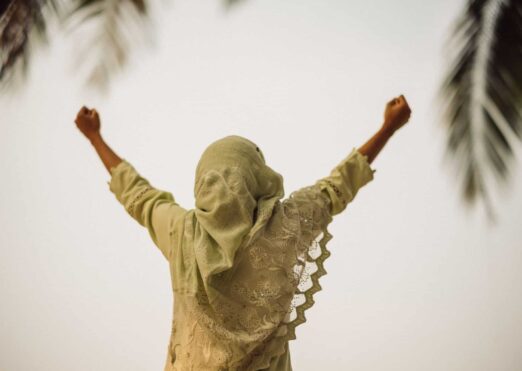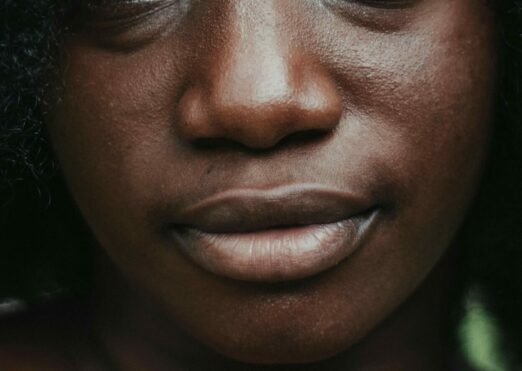How economic empowerment is helping to transform survivors’ lives
October 24, 2024
The deep connection between poverty and modern slavery is well-known. Poverty can make people extremely vulnerable to traffickers – meaning that economic empowerment is key to preventing trafficking, and to diminishing the risk of re-trafficking.
Determined to tackle the root causes of this horrendous crime, one focus of Justice and Care’s work in Bangladesh is ensuring that survivors have access to vocational training and education, financial skill training. We have also supported many survivors to establish small businesses to provide for themselves, reduce their risk and help them to reintegrate back into society.
Sultana* is one of the people we have had the privilege of supporting in this way. The young woman, now 27, was just 15 when she was married and soon after her husband tricked her into migrating to India to find work.
Once there, Sultana’s husband and her in-laws sold her to a red light district. Here, she was forced to drink alcohol and was beaten by her husband when she refused to engage in prostitution.
After being rescued by police and another local NGO, Sultana was assisted to return to Bangladesh in 2015. But the evils of modern slavery had understandably left her with deep scars.
Sultana said: ‘It was the darkest moment of my life when my first husband revealed that he had sold me for money. I spent every second hoping he would save me, but instead of my physical pain, I felt the anguish of losing faith in humanity.’
In 2023, Sultana was referred by a partner NGO and began receiving support from Justice and Care. Initially, the support came from our legal team who helped her to bravely testify via video conference in relation to a trial against her exploiters in India.
But our aftercare team soon became involved after it was recognised that Sultana was facing social stigma, similarly to many female survivors of modern slavery in Bangladesh, and was facing financial difficulties alongside her second husband and his family.
Justice and Care’s aftercare team provided Sultana with comprehensive mental health support, including peer mentoring and family counselling to help her begin to heal her trauma and improve her marital life, family relations and wider social connections.
We also offered life skills development and vocational training to rebuild her confidence and self-esteem, which had been heavily damaged by her experience of trafficking.
Sultana was determined to rebuild her life and become self-sufficient. To help aid this, we gave Sultana income generation activity (IGA) support worth BDT 55,000 ($458) to establish her own home-based cloth-selling business. She has received guidance and instruction from the Justice and Care team on how to handle customers, manage bookkeeping, track her income, and handle inventory.
Through her home business, she earns BDT 10,150 ($85) monthly and our aftercare team also helped her secure a job at a local garment factory with a monthly salary of BDT 12000 ($101).
Today, Sultana is empowered and at a good place in her recovery journey. Together with her husband’s salary of $70 through factory work, the couple has been able to furnish their home with appliances like a refrigerator and an iron. Sultana is also now able to help her family by contributing to the repayment of a loan of BDT 60,000 ($500).
Sultana said: ‘For years, I battled my mental suffering until Justice and Care extended their support to me. Now I believe that most people are kind, and life is beautiful.’
Her story is a shining example of how hope can be restored and lives changed by aftercare support and economic empowerment.
In the last year, we have supported 195 survivors and shelter residents with economic empowerment activities – including IGAs, vocational training, job placements and education.
*name changed to protect identity


